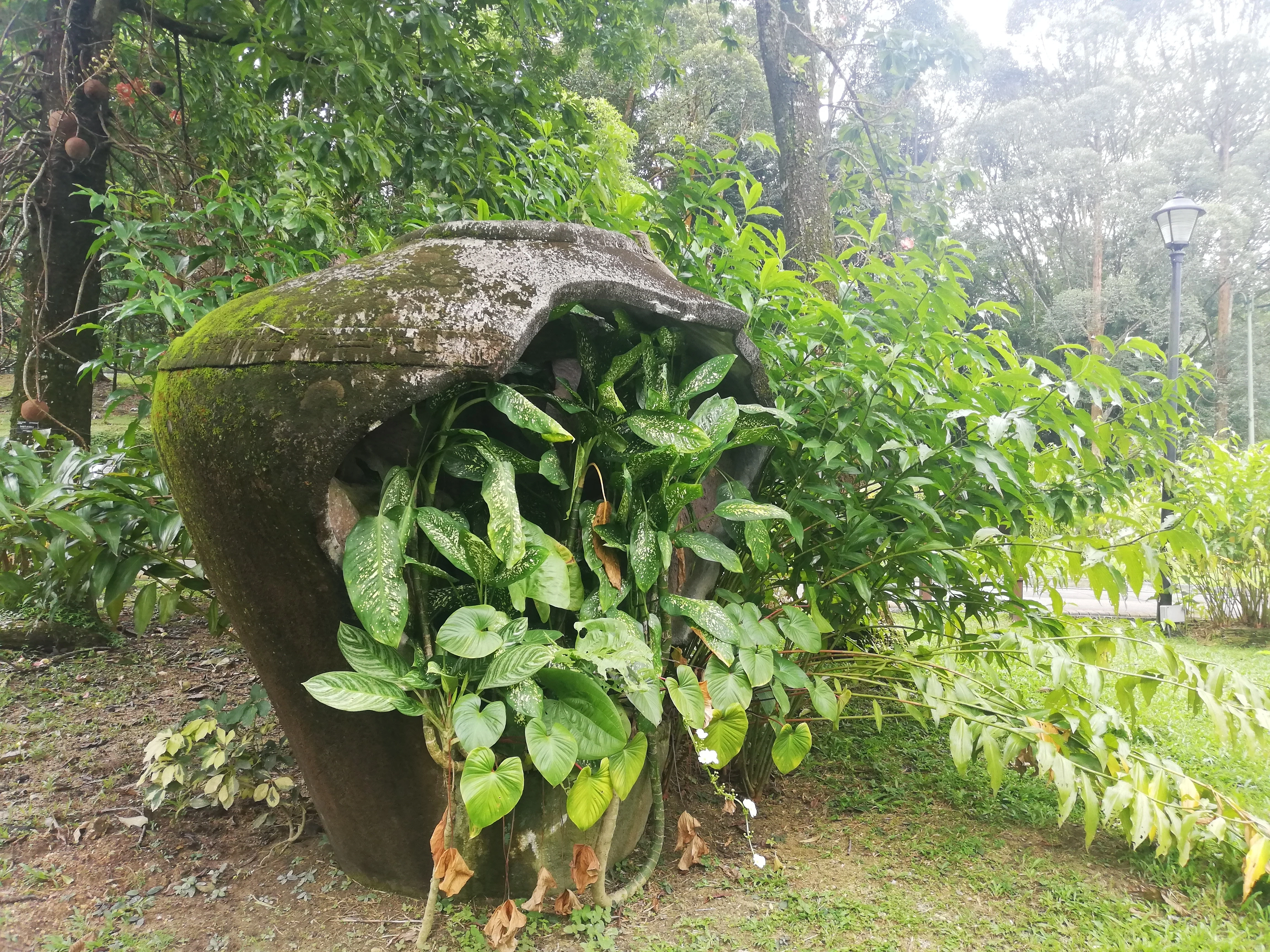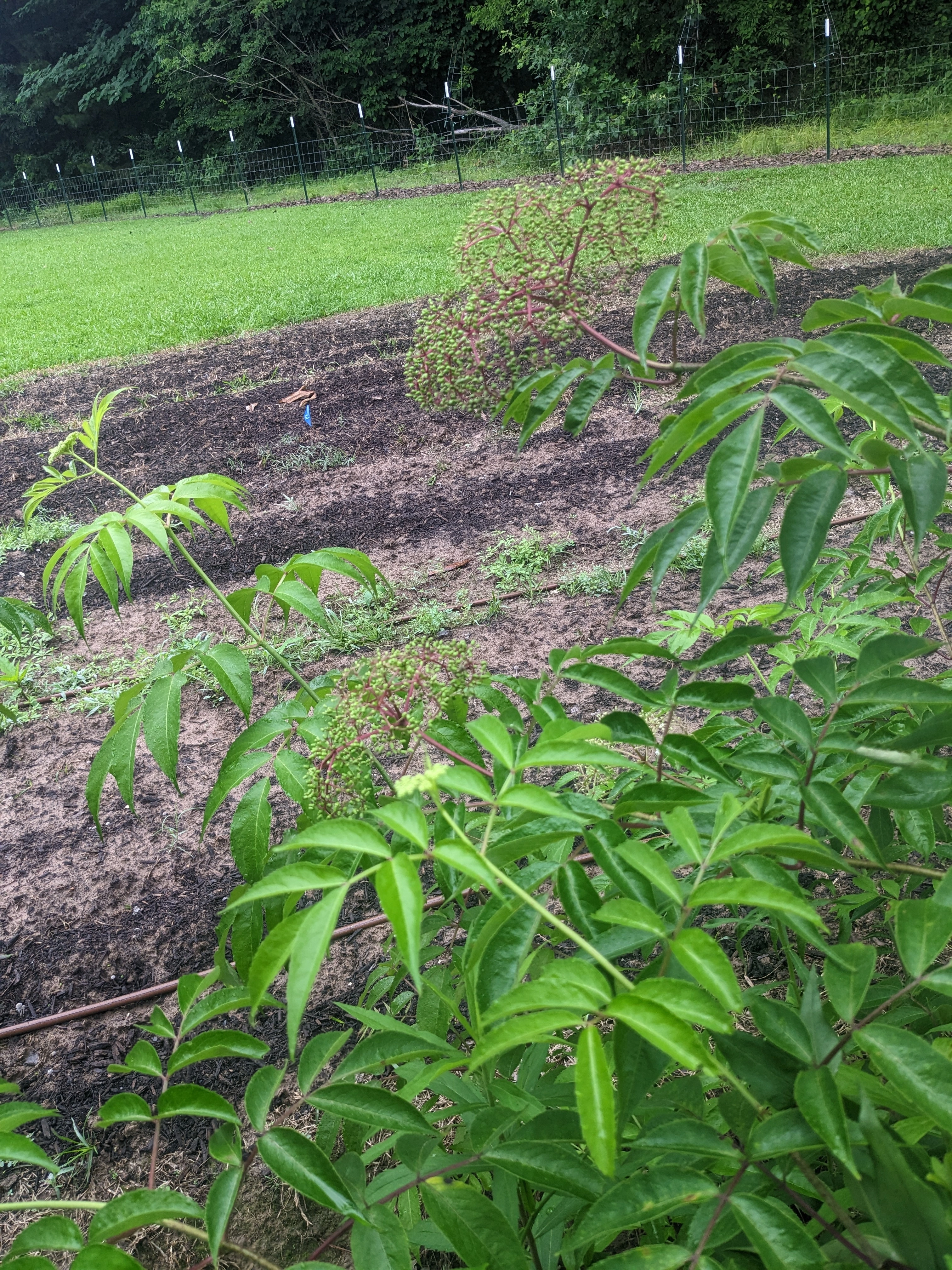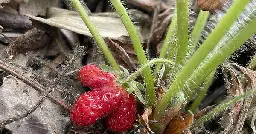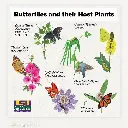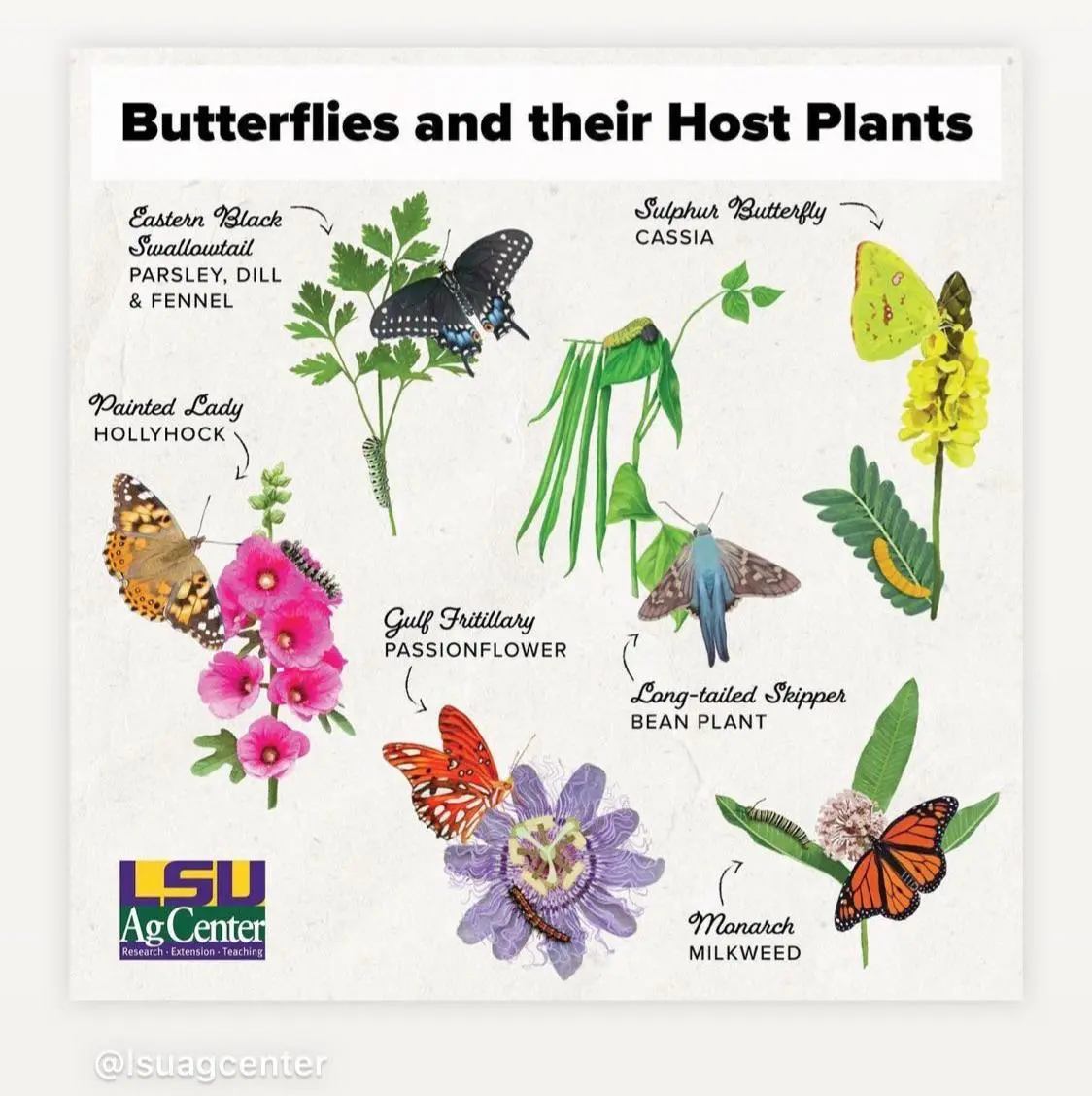
-
Feed My Plant Addiction and Recommend Me Edible Plants
Potential sources for them would also be appreciated. The weirder and more niche, the better. Edit: I’m in hardiness zone 13b
Some stuff I already have: Basil Mint Tomatoes Sage Lemongrass Marjoram Coleus caninus Cuban Oregano Passion Fruit Pumpkin Honeydew Avocado Cashew Coconut
-
The rhythms and splendor of life on a flower farm | The Flower Farmer's Year
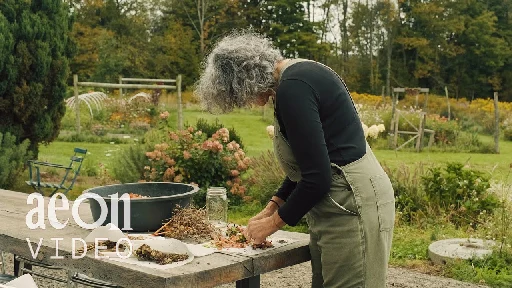
YouTube Video
Click to view this content.
-
Spokas -2010 - Review of the stability of biochar in soils: predictability of O:C molar ratios
cross-posted from: https://slrpnk.net/post/2643219
> cross-posted from: https://slrpnk.net/post/2643215 > > > ABSTRACT > > > > Biochar is not a structured homogeneous material; rather it possesses a range of chemical structures and > > a heterogeneous elemental composition. This variability is based on the conditions of pyrolysis and the > > biomass parent material, with biochar spanning the range of various forms of black carbon. Thereby, this > > variability induces a broad spectrum in the observed rates of reactivity and, correspondingly, the overall > > chemical and microbial stability. From evaluating the current biochar and black carbon degradation studies, > > there is the suggestion of an overall relationship in biochar stability as a function of the molar ratio of oxygen to carbon (O:C) in the resulting black carbon. In general, a molar ratio of O:C lower than 0.2 appears to > > provide, at minimum, a 1000-year biochar half-life. The O:C ratio is a function of production temperature, > > but also accounts for other impacts (e.g., parent material and post-production conditioning/oxidation) that are not captured solely with production temperature. Therefore, the O:C ratio could provide a more robust indicator of biochar stability than production parameters (e.g., pyrolysis temperature and biomass type) or volatile matter determinations.
-
Permaculture podcasts?
Looking for podcast recommendations that discuss permaculture principles, sustainable garden design, native plant gardening, etc. Any suggestions?
-
Jerusalem cherry?


Can anyone ID this plant? My plant identifier is insisting that it's a Jerusalem Cherry, but the next most likely thing is Silverleaf Nightshade. I've searched on both and it definitely looks like a Jerusalem Cherry, but I have absolutely no clue how it ended up in my yard if that's the case.
- lifehacker.com How Much Garden You Would Need to 100% Survive On
Could you grow enough food to feed yourself and your family if you wanted to—or needed to?
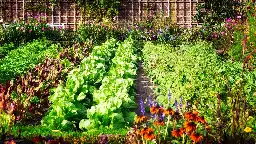
-
Gupta et al. 1973 - Influence of various rates of compost and nitrogen on boron toxicity symptoms in barley and wheat
A greenhouse study with barley (Hordettm disticlton L.) and wheat (Triticum aestivum L.) grown on two mineral soils and fertilized with three levels of 7-yr-old compost combined with four different levels of nitrogen (N) showed that boron (B) toxicity was dependent on the amount of N used in combination with compost. At high rates of compost, symptoms of B toxicity characterized by brown spotting and a burning appearance on older leaf tips, were moderate to severe in both crops. Addition of N decreased the severity of these symptoms; at a high rate of 150 ppm applied N, B toxicity was negligible. The B concentrations of the tissues of the two crops increased with increasing rates of compost and decreased with increasing rates of N in the soil. There was a significant interaction between the rates of compost and applied N. At low rates of N, increased applications of compost resulted in greater concentrations of B. Increasing rates of compost decreased the manganese (Mn) concentration of the boot-stage tissue. 'the tissue Mn concentrations ranged from 44 to 185 ppm and were not the cause of toxicity symptoms noted on the leaves. The N/B ratios of 249-520 were associated with severe to medium B toxicity, whereas ratios of greater than 682 were associated with very few to no B toxicity symptoms
-
Field pea flowers!


Thrilled to pieces to see these bloom for the first time. 😄 I picked up these seeds at my town's local seed swap where they were labeled "Swedish Tall Red". I knew of a few other names for the cultivar but I wasn't expecting the absolute onslaught:
- Dead Viking (coool lol)
- Biskopens gråært
- Bishop’s Grey
- Bishop’s Red
- Swenson's Swedish
I guess people like this plant. Now I'm crossing my fingers and toes that it can set pods and dry in my short season!
-
Poison Ivy sucks

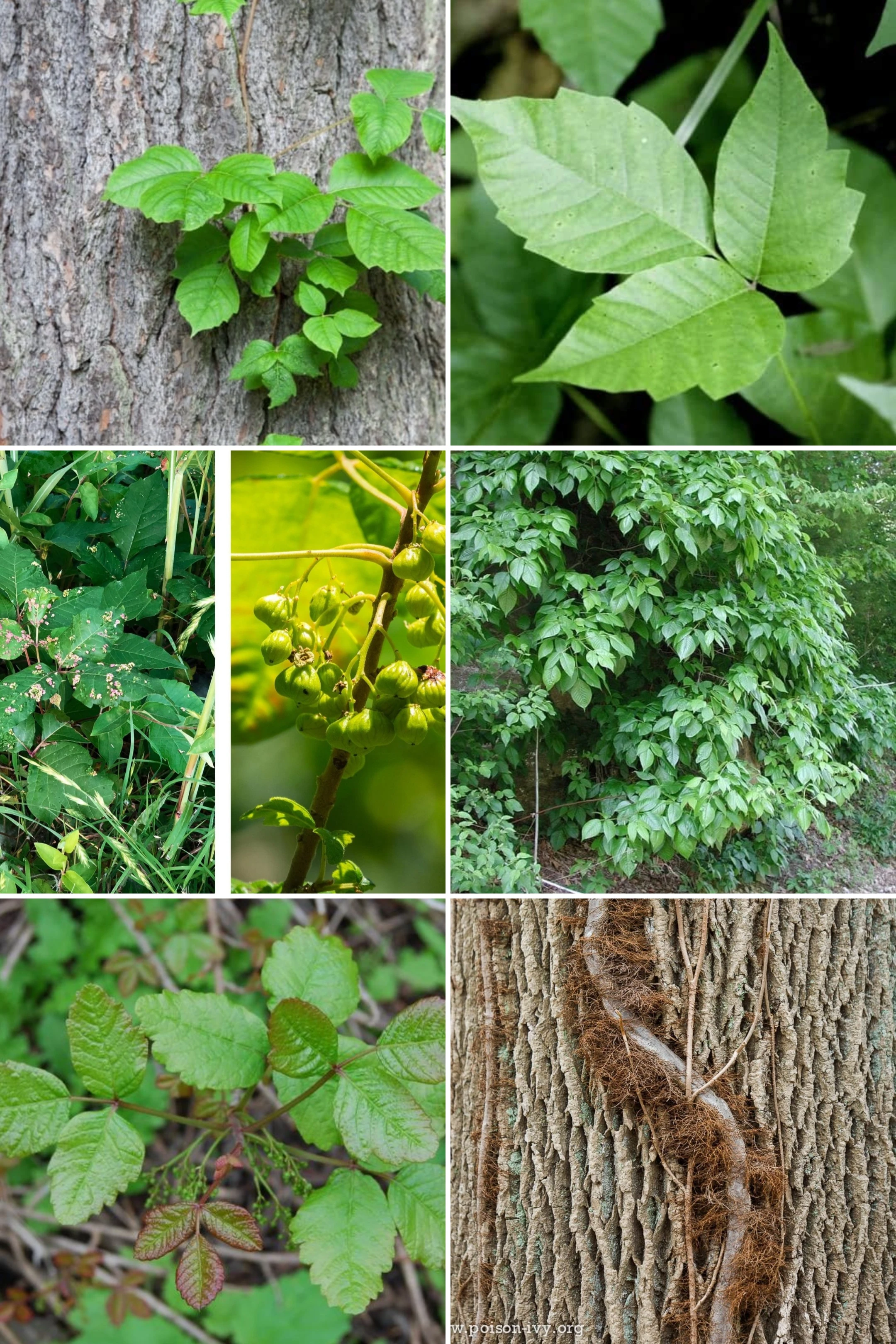
Rash Treatment and prevention
If you have been (or, think you may have been) exposed to poison oak or poison ivy plants, washing with a cleanser designed to remove urushiol (rash-causing oil from the plants) within 8 hours after exposure will help remove the resin before a rash begins.
There are two brands I swear by. Zanfel and Tecnu. Zanfel is expensive. At $50 for a small tube, I only use it after I get a rash. It has a gritty texture and really helps relieve the itch. After I've been in the yard doing things that may have exposed me, I always use the cheaper Tecnu. It's about $15 a tube and you get more of it. I wash everywhere with it. I mean, everywhere I may have touched.
https://www.zanfel.com/help
https://teclabsinc.com/product/tecnu-extreme-poison-ivy-scrub/
Eradication
Poison ivy is a perennial. You have to kill it down to the roots.
Poison Ivy still has the urushiol oil on dry leaves. Urushiol WILL be carried in the smoke when it's burned. Urushiol is on the stems and roots, not just the leaves. It's less, but it's there. Don't burn poison ivy, you can wind up in the hospital. Don't pull it out, you will get it on you somehow.
To eradicate poison oak and poison ivy chemically, use an herbicide that contains glyphosate, triclopyr, or a 3-way herbicide that contains 2,4-D amine, dicamba, and mecoprop. Ortho GroundClear Poison Ivy & Tough Brush Killer works great. I hate poison sprays, since I'm a beekeeper, but I make an exception for poison ivy because it kills the plant down to the roots and it doesn't come back.
You can kill poison ivy without harsher chemicals by dissolving one cup of salt, one tablespoon of white vinegar, and one tablespoon of dish soap in a gallon of water. Spray it with a spray bottle. It may come back the next year with this method. Remember where it was so you can do it again.
I also like to use old rugs, tarps and cardboard to smother the plants. Leave them in place until there is nothing but bare dirt left. It may still come back.
You can also rent goats. Yes, goats. They love it. It may still grow back.
-
Last year's peas! Longing for this right now
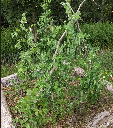
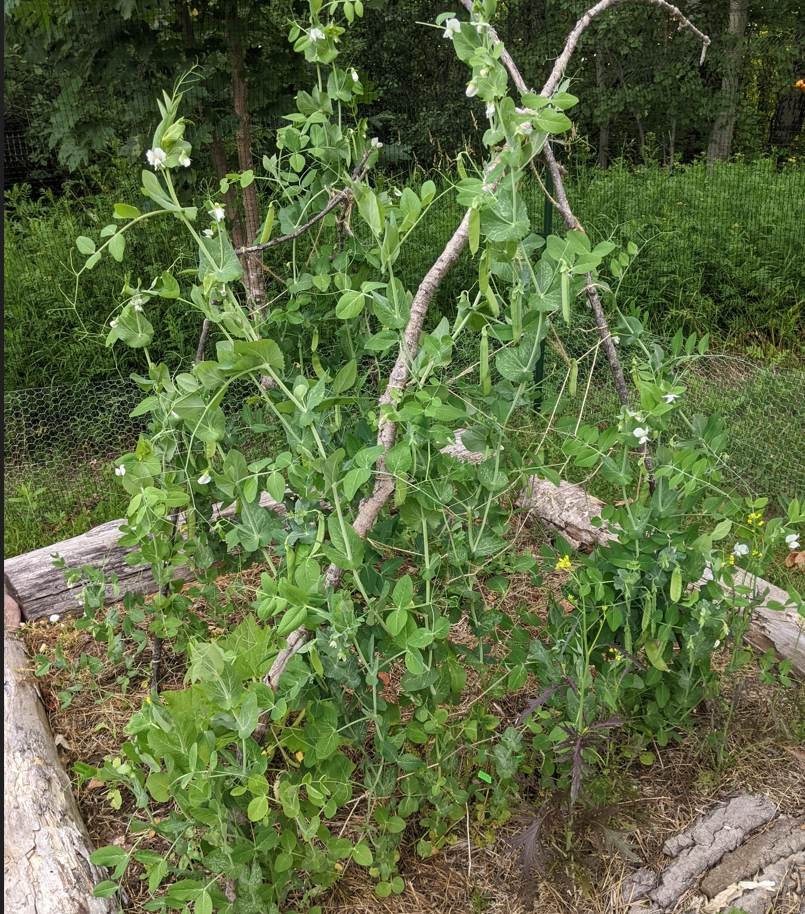
This year's winter-to-spring transition in my part of zone 4b was rough and the garden is looking haggard because of it, so I took a cruise through last year's photos to find something to share as my first post. Absolutely cannot wait for this year's snap peas- something about the plants just delights me.
These are Oregon Sugar Pod II and Mammoth Melting. This year I added a few other varieties to the mix (Admiral, SS 141) as well as the Swedish Tall Red* just to see what happens.
Happy growing!
*a dry/shelling/field pea
-
Basil as a weed?

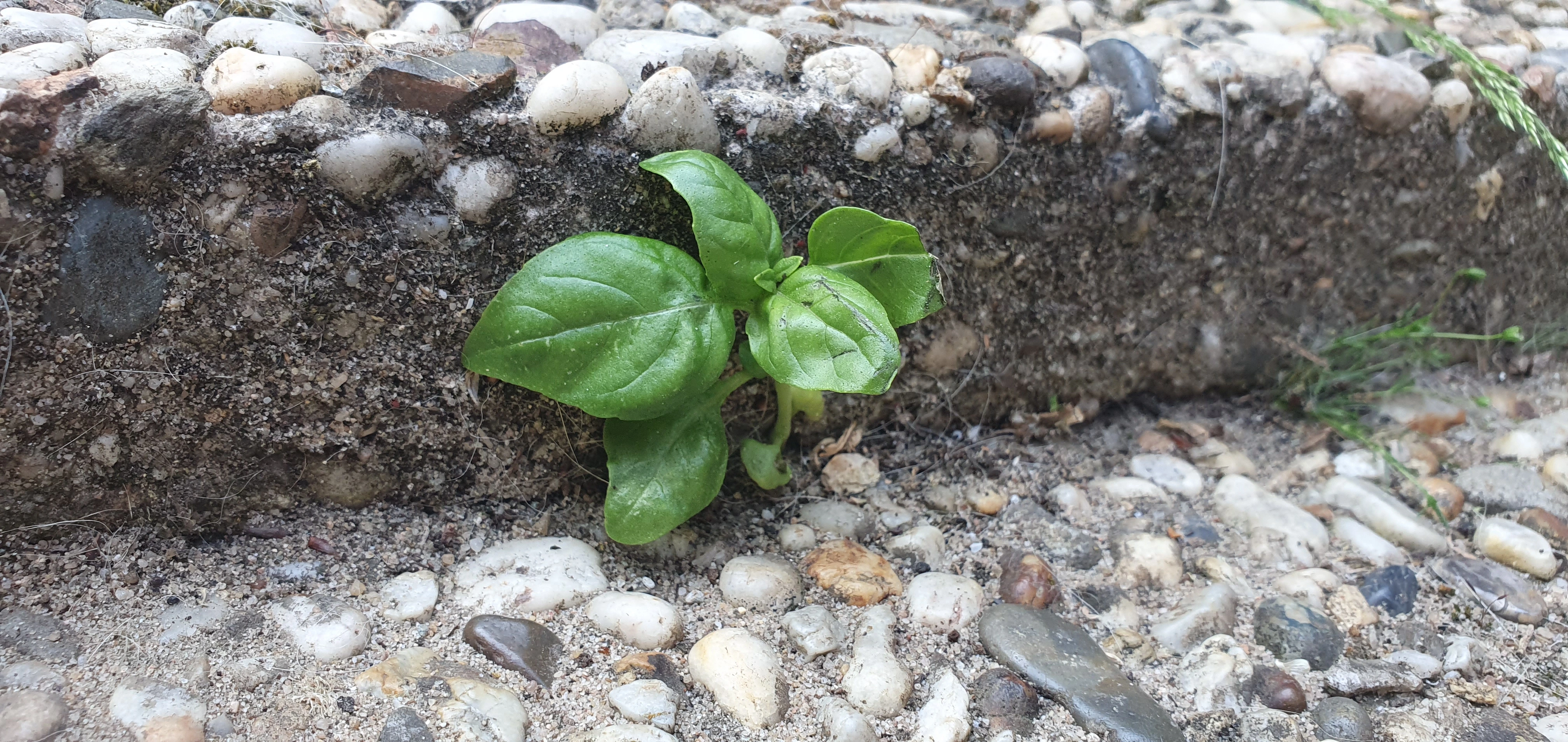
I was removing weeds from between the tiles in my garden and found what looks like basil. In autumn I usually let by basil flower before the first frost kills it. I think one of the seeds survived the winter. I didn't know basil seeds were so resilient. I let this one live (until I turn it into pesto).
-
Kentucky Wonder

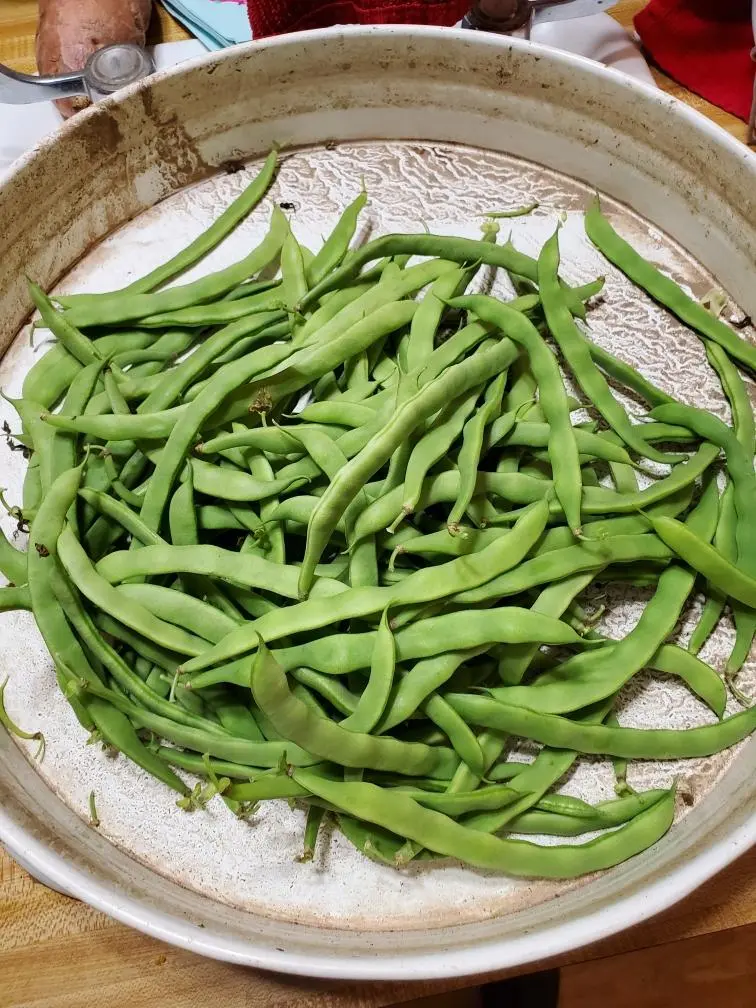
First real harvest off a hoop trellis. These are tasty green beans that tolerate heat well. Grown on a welded wire 6" x 6" cattle panel bent into a hoop between two beds of our vegetable patch. These sell very fast at the local farmers market.
-
Anyone else really bad at thinning plants?
I have learned a lot about how it's needed, in particular for short growing seasons and to prevent some pests. Still, you would think I'm killing puppies or separating twins.
-
New community - Cannabis Cultivation
I'm getting the ball rolling on a cannabis growing community.
I hope any current or aspiring growers will join me there!
-
How to Grow a Three Sisters Garden (corn, beans, squash)
www.nativeseeds.org How to Grow a Three Sisters GardenBy Melissa Kruse-Peeples, Education Coordinator For many Native American communities, three seeds - corn, beans, and squash represent the most important crops. When planted together, the Three Sisters, work together to help one another thrive and survive. Utilizing the corn, beans, and squash tog...
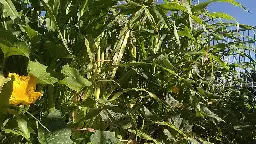
The three sisters garden is a symbiotic formation of corn, beans, & squash. These crops combine to create preferable growing conditions for each of their cohabitants.
-
It's wild how much volume compost loses
First time composter. I've filled my bin like three times over by now and haven't taken any out. Just keeps compressing and there is always room for more kitchen scraps

